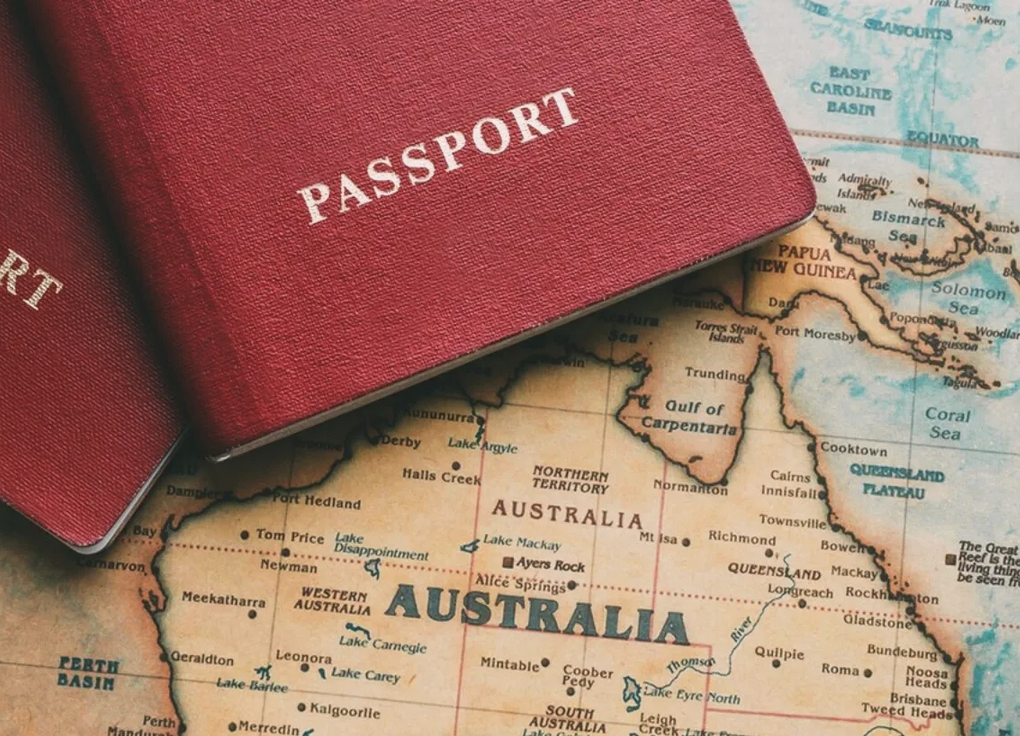Data Breach Exposes Tourist Data in Australia”
In a concerning breach that highlights the vulnerability of sensitive information in the digital age, a major data exposure incident has come to light in Australia, where tourist data, including tickets and passport details, was laid bare for potential misuse. The revelation adds a layer of urgency to the ongoing discussions about cybersecurity in the tourism industry and the critical importance of safeguarding traveler information.
The Breach Unveiled: A non-password protected database containing a wealth of tourist data, including crucial information such as tickets and passport details, was recently discovered in Australia by an ethical security researcher. This discovery sheds light on a significant security oversight that could have severe consequences for the affected individuals and the tourism industry at large. The exposed information encompasses a broad spectrum, including traveler names, passport numbers, flight details, accommodation bookings, and contact information, all of which are crucial elements of a tourist’s itinerary.
Risks Posed by the Breach: The Inspiring Vacations data breach exposes affected tourists to multifaceted risks, significantly compromising their privacy and potentially leading to various malicious activities. Key risks include the following:
- Identity Theft and Fraudulent Activities:
- With passport details and personal information readily accessible, affected tourists are at a heightened risk of identity theft and fraudulent activities. Cybercriminals could exploit this information to impersonate individuals, leading to financial losses and reputational damage.
- Targeted Scams and Phishing Attacks:
- Armed with the exposed data, cybercriminals may orchestrate targeted scams and phishing attacks. Affected tourists should be cautious of unsolicited emails or messages that might attempt to trick them into providing additional personal information.
- Government Compliance and Security Risks:
- The exposure of passport information raises potential concerns about compliance with government regulations. Moreover, the breach introduces security risks for tourists, particularly if the exposed data falls into the wrong hands.
Ethical Response and Industry Lessons: The discovery of this breach by an ethical security researcher highlights the pivotal role that responsible disclosure plays in mitigating the impact of such incidents. The tourism industry must take this opportunity to reevaluate its cybersecurity measures, emphasizing the importance of password protection and robust data encryption to prevent unauthorized access.
As affected tourists navigate the aftermath, staying informed about potential risks, closely monitoring financial accounts, and adopting vigilant cybersecurity practices become crucial. The incident serves as a stark reminder that securing sensitive tourist data is not only an ethical responsibility but also an essential component of fostering trust and ensuring the long-term sustainability of the tourism sector.

